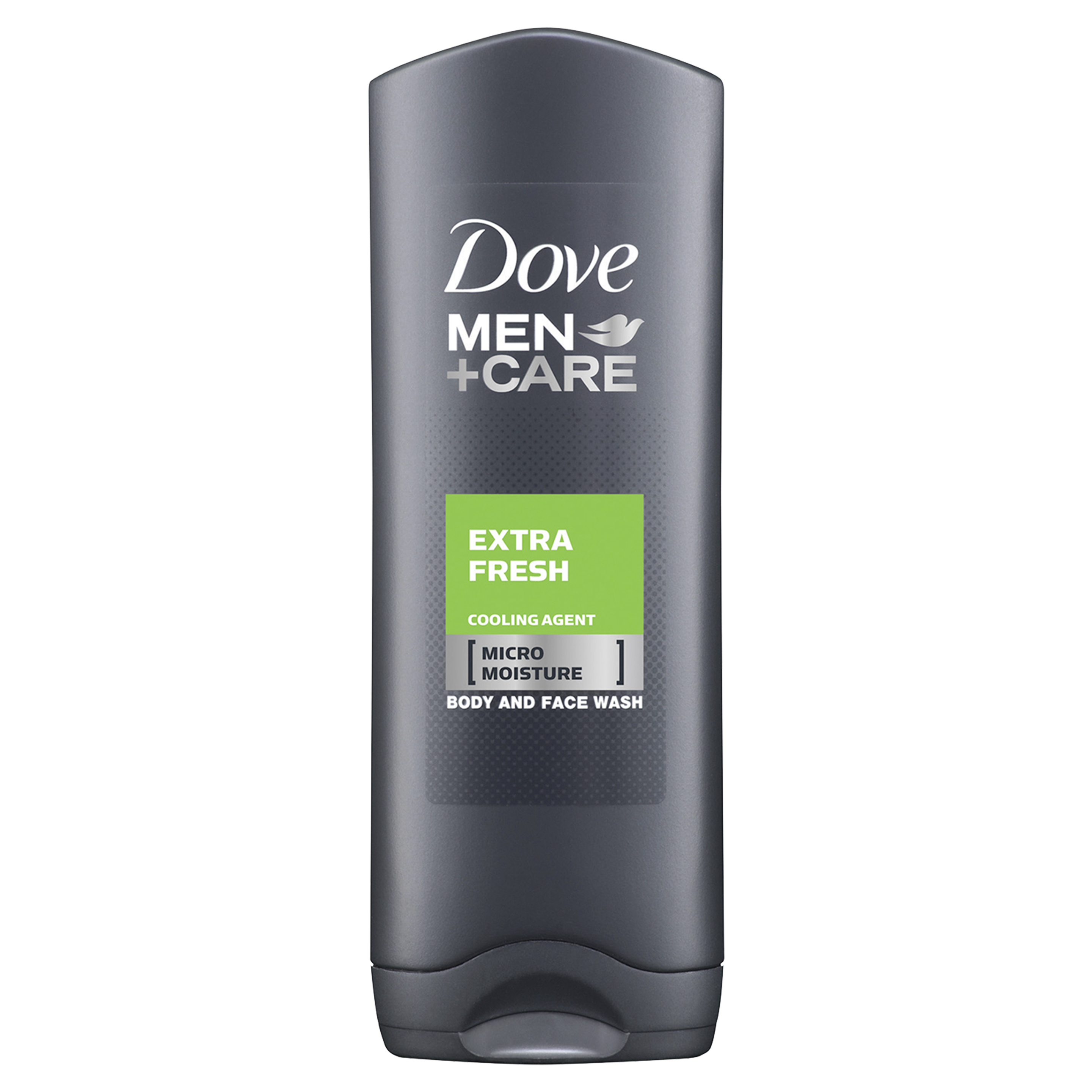Tips and Inspiration
From Unilever Beauty Experts
So you've been watching the scale and noticed that your workouts haven’t been showing results, so you think about going on a calorie deficit. Could this diet plan be the missing piece, or would it backfire on your workout performance and strength? Here’s what you need to know.
What Is a Calorie Deficit Diet?
Calories are your body’s fuel. You use up the calories from food to generate the energy you need for your daily functions. A calorie deficit diet, meanwhile, involves consuming fewer calories than you burn. This happens when you eat less food with high calorie content, burn more calories through exercise, or both. When your body is in a calorie deficit, it leads to an energy imbalance, causing it to start using stored energy, a.k.a. fat.
A gradual, consistent approach to exercising and dieting is key – no shortcuts here. Crash diets, for example, are difficult to maintain and can mess up your metabolism and hormones, leading you to a rebound in weight gain or binge eating. Likewise, overly intense or quick-fix workout routines can increase your risk of injury or burnout, setting you back and making it harder to stay consistent.
How to Do a Calorie-Deficit Diet
There’s no one-size-fits-all approach to working out and reinforcing a calorie-deficient diet. This also depends on your body makeup and energy levels. While it’s best to work on a calorie-deficit diet plan with a nutritionist or your doctor, here’s how you can get started on your own.
- Understand food sources: Calories primarily come from proteins like meat, fish, eggs, and dairy; carbs like rice, bread, pasta, and even potatoes and corn; and fats in oils, butter, nuts, and seeds.
- Track your calories: Read nutrition labels for the calorie content per serving. Then, use an app to help track your daily calorie intake.
- Keep burning: Track your progress with a fitness watch or calorie calculator. This allows you to adjust your workout or diet as necessary.
- Set a target: Aim to consume about 1,800 to 2,200 calories, a little less than the average amount of energy (approximately 2,500 calories) an adult male burns daily.
- Stay in deficit: Target a moderate 300 to 500-calorie deficit daily to lose weight. This means consuming 300 to 500 fewer calories than your body usually needs to burn to function.
Working Out on a Calorie Deficit
When you start eating fewer calories, your body doesn’t immediately decrease how much energy it uses. That means you’re suddenly burning more calories than you’re taking in, creating an energy gap, or “deficit.” This deficit is what kickstarts weight loss.
Because of this sudden shortage of energy, you might feel like you don’t have enough “fuel” for your workouts. It’s still possible to continue exercising, but you need to be more cautious so you don’t overexert yourself. Understand how it works by reading a few FAQs below.
- Is it okay to workout on a calorie deficit? Yes. Remember the fuel analogy? It’s like how a car can still run without a full tank. Still, you need to be cautious. Have enough gas to drive, but don’t push it. Fuel smart and don’t run on an almost-zero gas meter.
- Is a calorie deficit while lifting okay? Yes, just make sure you’re eating enough protein to help build muscle. Get adequate rest to help your body recover after lifting.
- Can you gain muscle on a calorie deficit? It’s easier to build muscle on a calorie surplus, but it’s still possible to do so on a deficit. If you’re a beginner, you’ll see “newbie gains” as your body responds to resistance training.
A Few Reminders
While you want to be strategic with your workout and diet, don’t stress too much about counting and tracking to the point that it takes the fun away! If the numbers are making you confused, here are easy, no-brainer things to keep in mind.
- Have a balanced diet: At the end of the day, it’s about consuming good food. Don't forget your fruits and veggies. Consume whole foods as much as possible. Avoid processed and junk foods.
- Listen to your body: Since you’re operating on less fuel, so to speak, be more mindful of your energy levels. Stop when you’re tired. Notice energy crashes, a slower recovery period, or poorer than usual performance. These are usually signs that you’re pushing your body too much.
- Maintain good hygiene: Feel great the moment you arrive at the gym. Keep fresh with Dove Men+Care Extra Fresh Body and Face Wash for a thorough cleanse that doesn’t leave your skin dry and sticky. Use Clear Men Cool Sport Menthol Shampoo to eliminate flakes and grime. It also has that intense cooling effect, so you feel clean after every shampoo.
Again, think of your body like a car: you fuel it, keep it clean, and pay attention when something feels off. Fitness works the same way. Stay the course of your calorie-deficit diet plan, be consistent with workouts, and don’t skip rest and recovery. Keep up with good hygiene, too. It’s all about balance. Smart, sustainable habits lead to better results.








